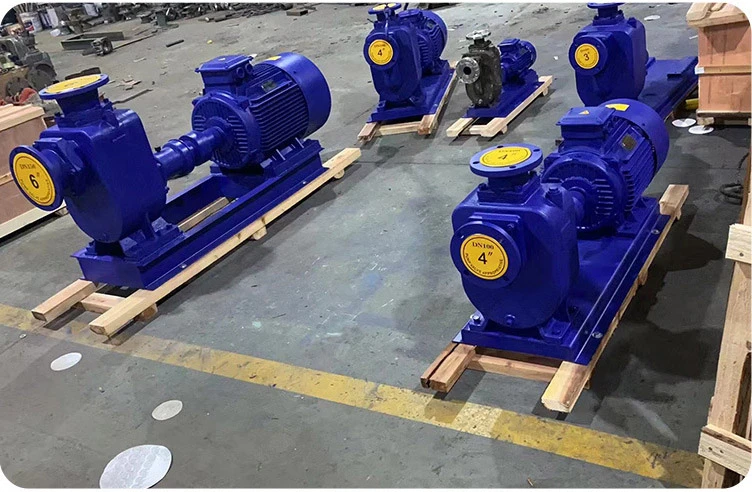Pashto
- Afrikaans
- Albanian
- Amharic
- Arabic
- Armenian
- Azerbaijani
- Basque
- Belarusian
- Bengali
- Bosnian
- Bulgarian
- Catalan
- Cebuano
- Corsican
- Croatian
- Czech
- Danish
- Dutch
- English
- Esperanto
- Estonian
- Finnish
- French
- Frisian
- Galician
- Georgian
- German
- Greek
- Gujarati
- Haitian Creole
- hausa
- hawaiian
- Hebrew
- Hindi
- Miao
- Hungarian
- Icelandic
- igbo
- Indonesian
- irish
- Italian
- Japanese
- Javanese
- Kannada
- kazakh
- Khmer
- Rwandese
- Korean
- Kurdish
- Kyrgyz
- Lao
- Latin
- Latvian
- Lithuanian
- Luxembourgish
- Macedonian
- Malgashi
- Malay
- Malayalam
- Maltese
- Maori
- Marathi
- Mongolian
- Myanmar
- Nepali
- Norwegian
- Norwegian
- Occitan
- Pashto
- Persian
- Polish
- Portuguese
- Punjabi
- Romanian
- Russian
- Samoan
- Scottish Gaelic
- Serbian
- Sesotho
- Shona
- Sindhi
- Sinhala
- Slovak
- Slovenian
- Somali
- Spanish
- Sundanese
- Swahili
- Swedish
- Tagalog
- Tajik
- Tamil
- Tatar
- Telugu
- Thai
- Turkish
- Turkmen
- Ukrainian
- Urdu
- Uighur
- Uzbek
- Vietnamese
- Welsh
- Bantu
- Yiddish
- Yoruba
- Zulu
Telephone: +86 13120555503
Email: frank@cypump.com
Aug . 30, 2024 08:36 Back to list
Submersible Pumps
The Importance and Applications of Submersible Pumps
Submersible pumps play a vital role in various industries and applications, significantly contributing to the efficient management of liquids. As the name suggests, these pumps are designed to operate while submerged in the fluid they are intended to pump. This unique design allows them to perform optimally in challenging environments, making them invaluable in water management, drainage, sewage treatment, and numerous industrial processes.
The Importance and Applications of Submersible Pumps
Submersible pumps are widely used in the agricultural sector for irrigation purposes. Farmers rely on these pumps to draw water from deep wells or aquifers to irrigate their crops efficiently. The ability of submersible pumps to lift water from significant depths ensures that even remote or arid areas can be irrigated, enhancing agricultural productivity. This is particularly crucial in regions experiencing water scarcity, where efficient water usage is paramount.
submersable pumps

In urban settings, submersible pumps are essential for managing stormwater and wastewater. During heavy rains, stormwater systems can become overwhelmed, leading to flooding. Submersible pumps can quickly remove excess water from flooded areas, preventing property damage and ensuring public safety. Additionally, in wastewater treatment plants, these pumps are utilized to transport sewage and wastewater from collection points to treatment facilities, playing a critical role in maintaining sanitation standards and protecting environmental health.
Another critical application of submersible pumps is in the extraction of groundwater. As the demand for freshwater increases due to population growth and industrial activities, submersible pumps have become a key technology for supplying potable water. They are often employed in municipal water systems to draw groundwater from aquifers, ensuring that communities have access to clean drinking water. Furthermore, their efficiency in pumping over long distances makes them suitable for applications in remote or rural areas where surface water sources are not available.
Submersible pumps also find applications in various industrial processes. They are used in mining operations to dewater mines, ensuring safe working conditions and the efficient extraction of minerals. In construction, these pumps are employed to remove water from excavation sites, allowing work to proceed without delays caused by flooding.
In conclusion, submersible pumps are indispensable tools in modern water management and industrial processes. Their ability to operate effectively underwater, combined with their compact design and versatility, makes them suitable for a wide range of applications. From agriculture to urban infrastructure and industrial operations, submersible pumps contribute significantly to the efficient management of water resources, helping to tackle some of the most pressing challenges related to water scarcity and environmental sustainability. As technology advances, we can expect further innovations in submersible pump design and efficiency, ensuring their continued relevance in the future.
-
China Small Slurry Pump Manufacturer - High Efficiency Small Centrifugal Slurry Pumps for Mining & Industry
NewsJun.24,2025
-
Custom Drilling Mud and Slurry Pump Supplier - High Efficiency, Tailored Solutions
NewsJun.10,2025
-
Supply Vertical Submersible Sewage Pump High-Efficiency WQ/QW Pumps Supplier
NewsJun.10,2025
-
Premium Sewage Ejection System & Pumps Efficient Waste Removal
NewsJun.09,2025
-
Premium Wholesale Slurry Pump Impellers Durable & Efficient Slurry Handling
NewsJun.09,2025
-
Top Sewage Pump Companies Durable Industrial Solutions for Efficiency
NewsJun.09,2025










